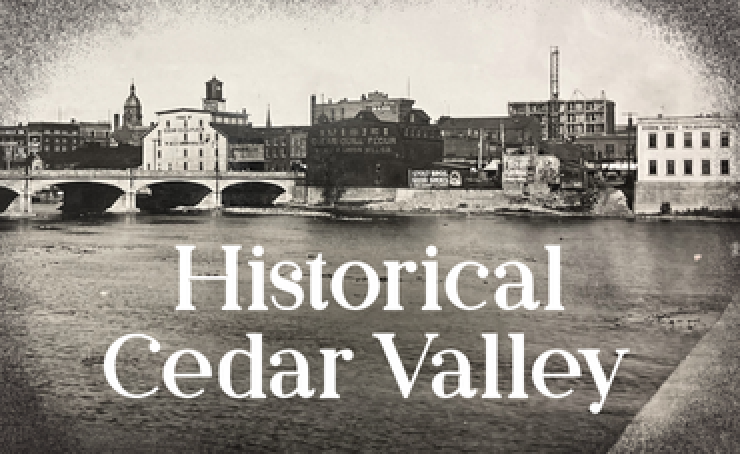Upcoming Events
Dec
31
2025
Wed
Jan
1
2026
Thu
This event is in the "Adults" group
Jan
2
2026
Fri
This event is in the "Teens" group
Jan
2
2026
Fri
Registration Required
This event is in the "Youth" group
Jan
4
2026
Sun
This event is in the "Youth" group
Jan
5
2026
Mon
This event is in the "Adults" group
Jan
5
2026
Mon
This event is in the "Youth" group
Jan
6
2026
Tue




















